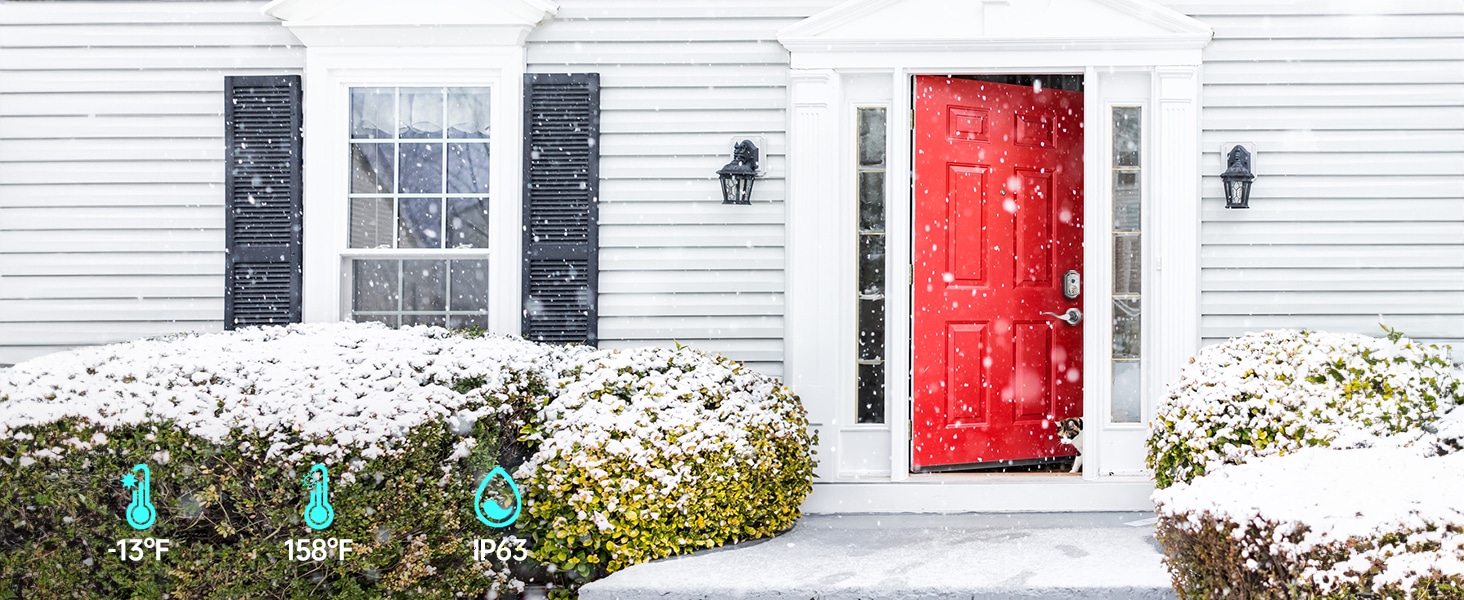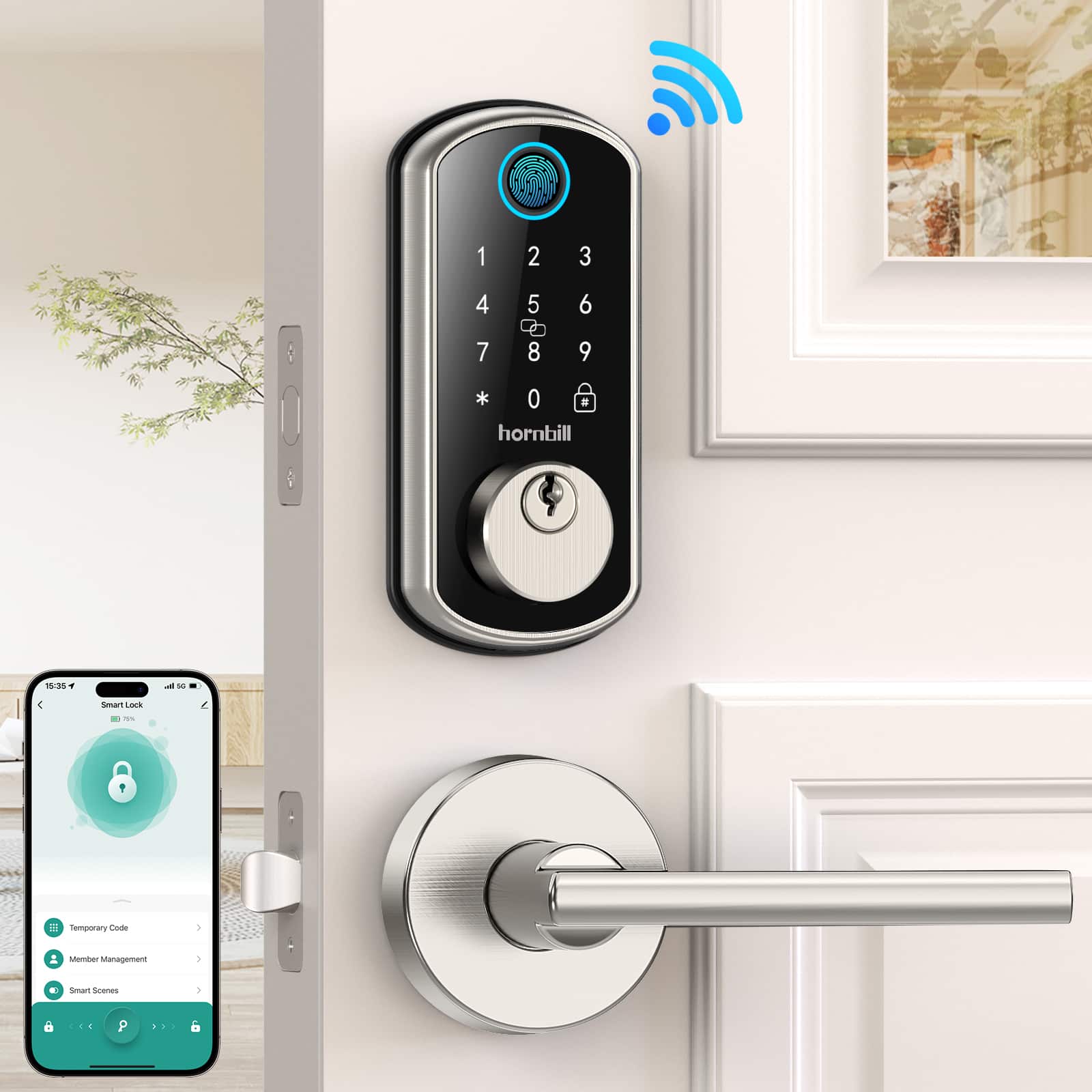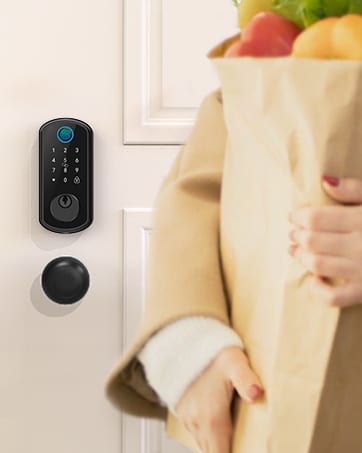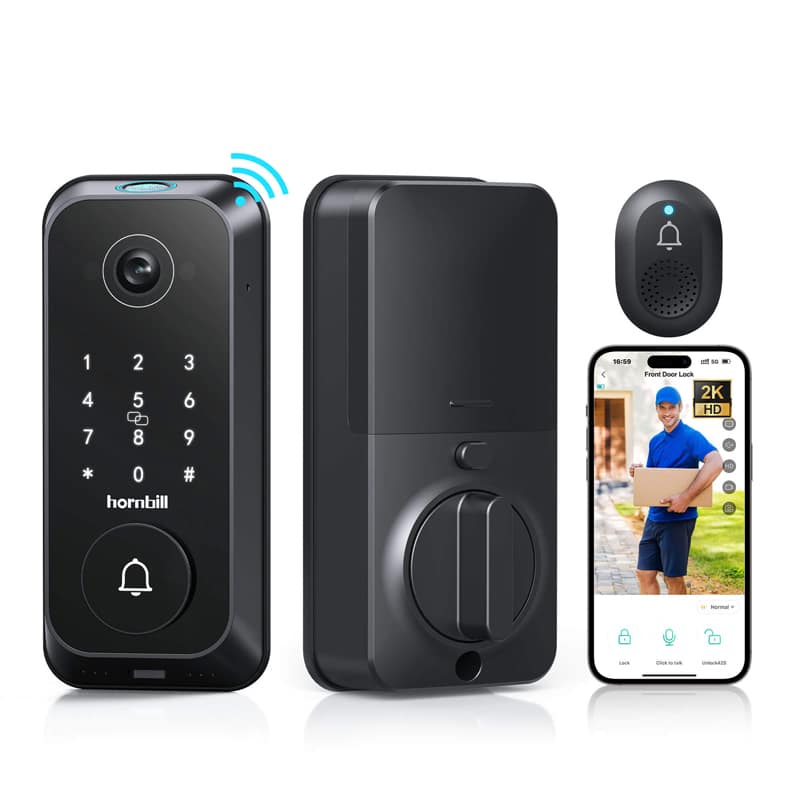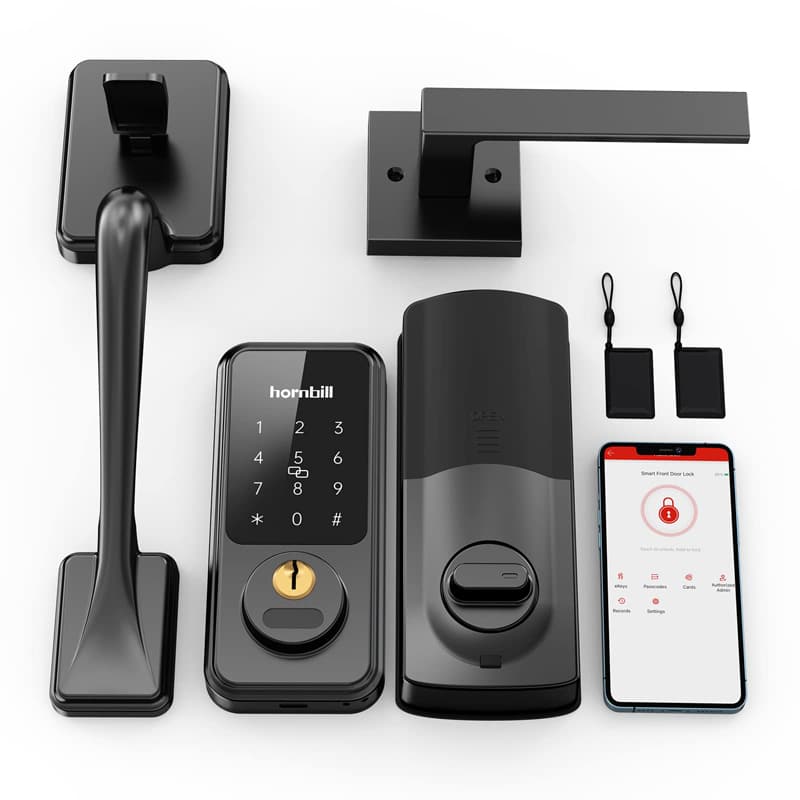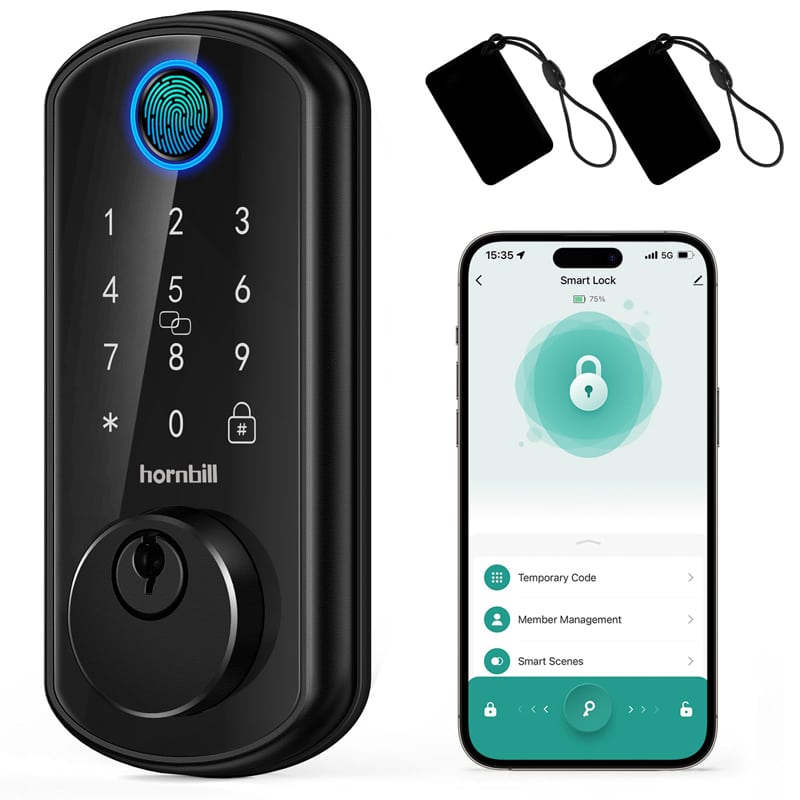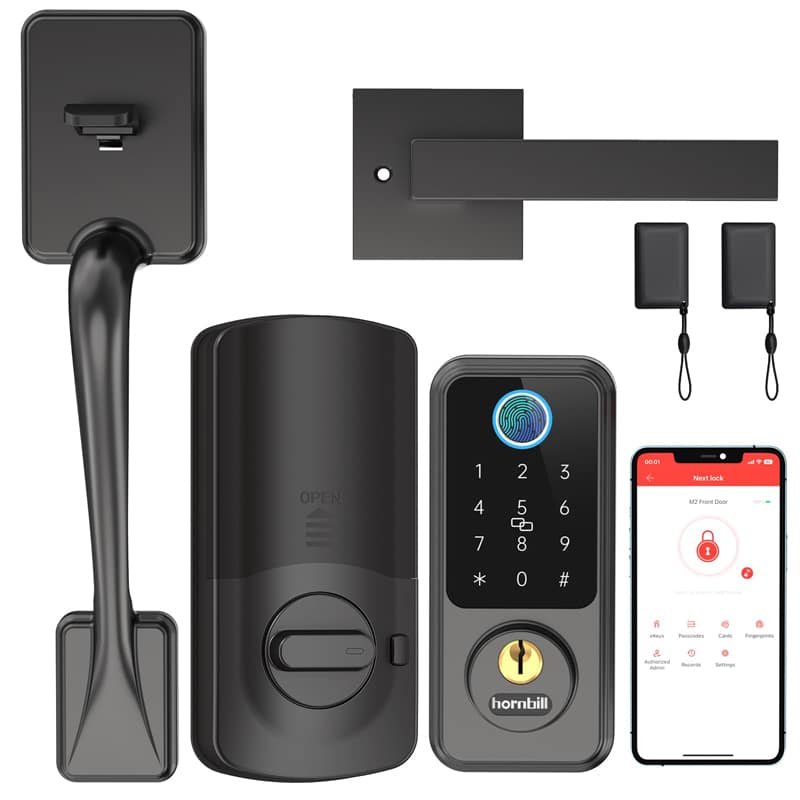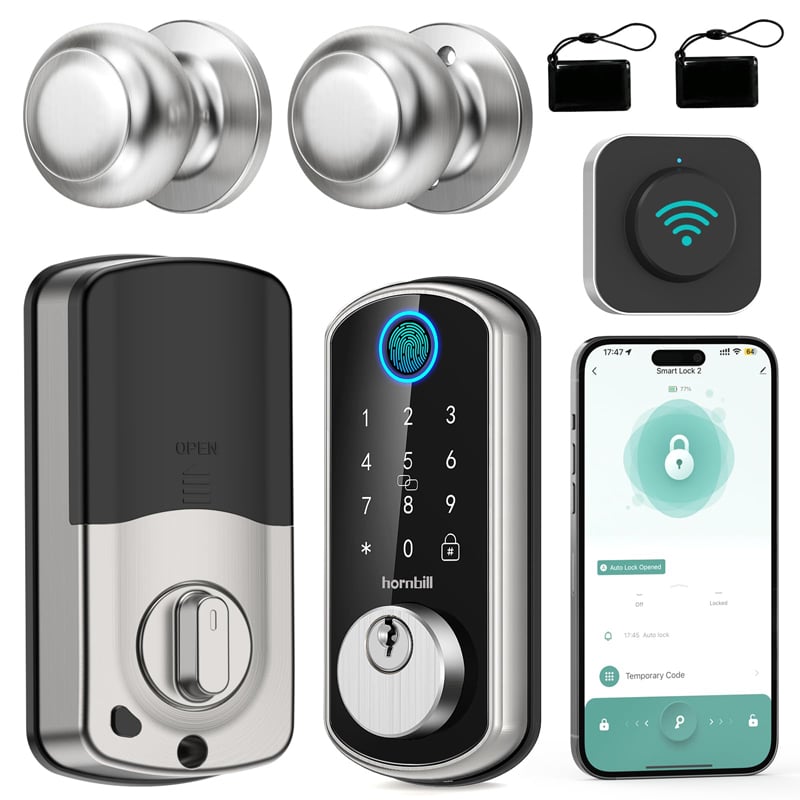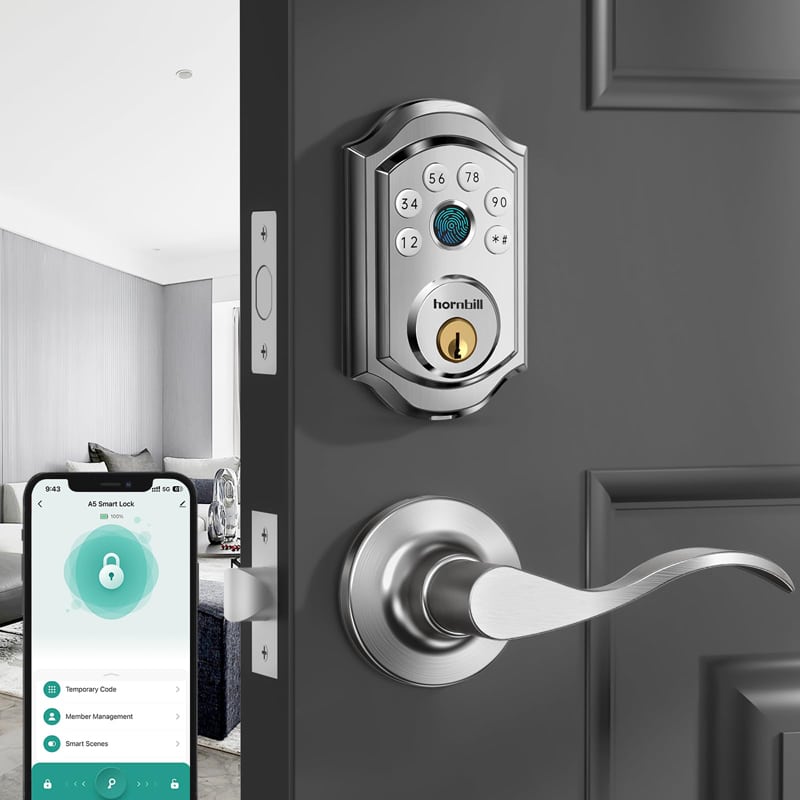Weather conditions, particularly the freezing temperature during winter, can significantly affect the performance of various types of door locks. This article will delve into different door lock types and how they are likely to perform under cold weather conditions.
Traditional Keyed Locks
These mechanical digital locks operate with the use of a mechanical key and are perhaps the most common type used worldwide. They can be quite resilient in cold weather since there are no electronic components that can be affected by the low temperature. However, the mechanical parts can freeze, making it hard to turn the key. A common solution to this is using a lock de-icer or heating the key before insertion.
Digital keypad door locks are advantageous due to their keyless entry system. However, their battery-operated system can be subject to suffering in cold weather. As discussed earlier, cold weather tends to hinder the chemical reactions necessary for batteries to produce electricity, which affects the lock’s performance. Additionally, the keys on the pad could become rigid and less responsive to touch due to chilling temperatures.
Smart locks provide a higher level of convenience and security than traditional locks, offering features like remote access, voice control, and compatibility with smart home systems. However, like keypad door locks, they are also battery-operated and can be affected by extremely cold weather conditions that can reduce their power output, lag their response time, and shorten battery life.
Best keyless entry deadbolt locks are known for their robustness and are resistant to picking, drilling, and other forced entry methods. They perform decently in cold weather. However, similar to traditional key locks, their mechanism can freeze and make it difficult to operate.
Biometric front door locks either use fingerprint recognition or retinal scanners to allow entry. Their electronic components and scanners may not function properly in cold weather, and plastic components may become brittle and prone to breakage.
In conclusion, it seems that traditional keyed locks and deadbolt locks may be the most reliable in cold weather conditions due to their simple, mechanical operation that is less affected by temperature than electronic locks. However, for those invested in digital security and willing to take measures to protect their electronic locks (such as proper insulation and regular battery changes), keypad locks and smart locks certainly remain viable options. Ultimately, the best lock for cold weather can depend on your specific circumstances, including your location, and temperature range.
Disclaimer: This article is for informational purposes only and does not endorse or encourage any form of hacking or illegal activities related to network security. Cybercrime is punishable by law.

